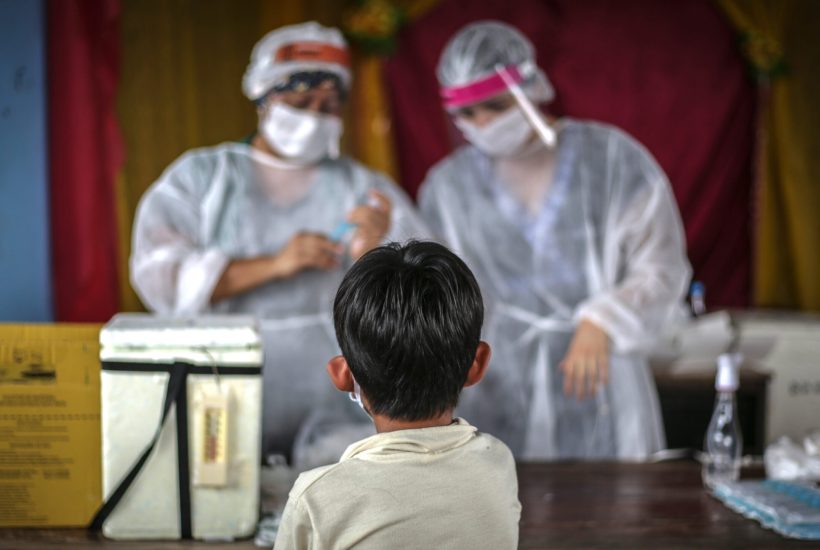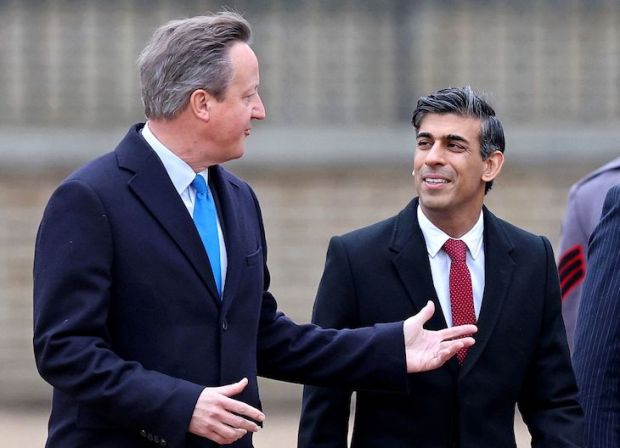Should we be vaccinating children against Covid-19? While some countries have been enthusiastically administering vaccines to under-18s — greatly contributing to their overall vaccination rate — the idea has greeted more coolly in Britain. The government and the NHS were relatively slow in making Covid vaccines available to 16 to 18-year-olds — although it was approved.
Although we are still awaiting a formal government decision on jabbing 12 to 15-year-olds, the Joint Committee on Vaccination and Immunisation has recommended that members of this age group only be offered a vaccine if they are especially vulnerable to the virus, citing the risk of myocarditis — an inflammation of the heart muscle — following receipt of the Pfizer vaccine. However, Health Secretary Sajid Javid yesterday said a decision would be coming soon on jabs for these younger teens, while ministers are said to be optimistic jabs will be approved. The AstraZeneca vaccine is already being withheld from under-40s due to the risk of potentially fatal blood clots which have already killed 72 people — and which appear to be more common in younger age groups.
One thing that may swing Javid’s decision is a new US study which attempts to quantify the risk of myocarditis after receipt of an mRNA vaccine (including Pfizer and Moderna). Led by the University of California, it analysed data from the US Vaccine Adverse Event Reporting System between 1 January and 18 June this year. It found 257 ‘cardiac adverse reactions’ among double-jabbed under-18s. This risk was found to be much lower for girls than for boys, with 162 cases per million in boys aged 12 to 15 compared with 13 per million for girls of the same age. For older teens, aged 16 to 18, the risk was still high in boys — 90 cases per million — compared with just over 13 per million in girls.
Another worrying factor for scientific advisers making the decision on jabs is the comparative risk of myocarditis against the chance that these younger teens will end up in hospital with Covid. Over a 120-day period, the study found that boys between 12 and 15 had a risk of cardiac issues that was four to six times as high as the risk of being hospitalised with Covid-19. For 16 to 17-year-olds, the risk was two to almost four times as high. The study doesn’t mention any deaths from these cardiac issues and doesn’t distinguish between serious and mild cases.
However, the usual caveats apply. This is a pre-print of a paper that has yet to be peer-reviewed. And in comparing the risk of myocarditis with the risk of being hospitalised with Covid only over 120 days, it doesn’t take into account the longer-term benefits; the vaccine is expected to offer protection against the virus for much longer than this. But the study will further question the wisdom of vaccinating children when the risks of the vaccines appear to have an inverse relationship with age — while older people are far more likely to suffer serious harm from Covid-19, it is younger people who seem to suffer the brunt of the serious side effects so far identified.




















